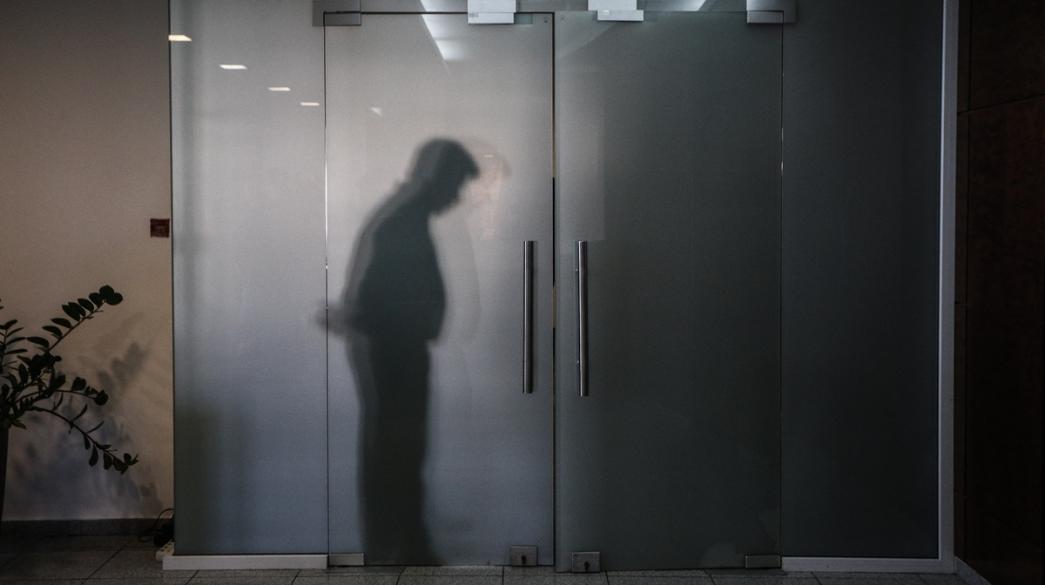Unemployment fell to its lowest point in ten years in August, but is seen rising again in coming months, as Greece’s strong economic growth uncovers structural problems holding back the labor market – and the country - left over from the economic crisis.
According to data released by the Hellenic Statistical Authority (ELSTAT) last week, unemployment in Greece fell in August to 13.9% from 14% in July.
Unemployment had not fallen below 14% since 2011, in positive news for one of the economy’s critical sectors of the economy that will also determine how long the ruling conservatives will be in power, analysts say. But the downward trend in unemployment, which was at 16.9% a year ago, may be reversed and move higher again in the months leading up to Christmas.
The drop in August is somewhat misleading. New jobs may have been created with the help of tourism, which performed unexpectedly well this year, but at the same time many companies still have commitments to the state for aid they received before the summer. That is, they are keeping employees on the payroll due to an obligation to the state as a result of support received, while in the near future this commitment will cease to exist, paving the way for staff cuts.
The double benefit to the job market, both in terms of the rise in tourism and the absence of layoffs, led to a drop in August unemployment that exceeded forecasts. As a result, analysts estimate, unemployment is expected to rise again, though not for long, as new jobs are expected to be created at a strong pace as of the new year.
"We do not yet have a clear picture of unemployment in the wider economy. In tourism, manufacturing and the construction sectors, however, things are better than we expected at this stage of the recovery," said a leading economist.
The thorny issue
But as the number of unemployed workers drop, the big structural labor market problem plaguing the government rises.
The armies of the long-term unemployed in the country is a problem that will come to the fore more and more, raising concerns that the country won't be able to take advantage of the current growth momentum and the money provided by Europe’s Recovery Fund.
The long term unemployed are normally workers who found themselves out of a job some years ago and are struggling to re-enter the labor market. They are usually older workers, with a low level of training who occasionally find work in the shadow economy. They lack the digital skills and training needed to be able to contribute to a business.
The situation has been exacerbated by the mismatch of workers' skills with the needs of the market.
Eurostat data for the second quarter of the year shows that the long-term unemployed in Greece stand at 9.7 percent compared with 3.3 percent in the eurozone. Before the start of the country's major economic problems, ie in the first quarter of 2009, Greece’s long-term unemployed stood at 3.7%, compared to 2.8% in the eurozone.
In Europe, Greece has the largest long term unemployment numbers, followed by Slovakia, Italy and Bulgaria, according to the IMF.
STELIOS BOURAS








